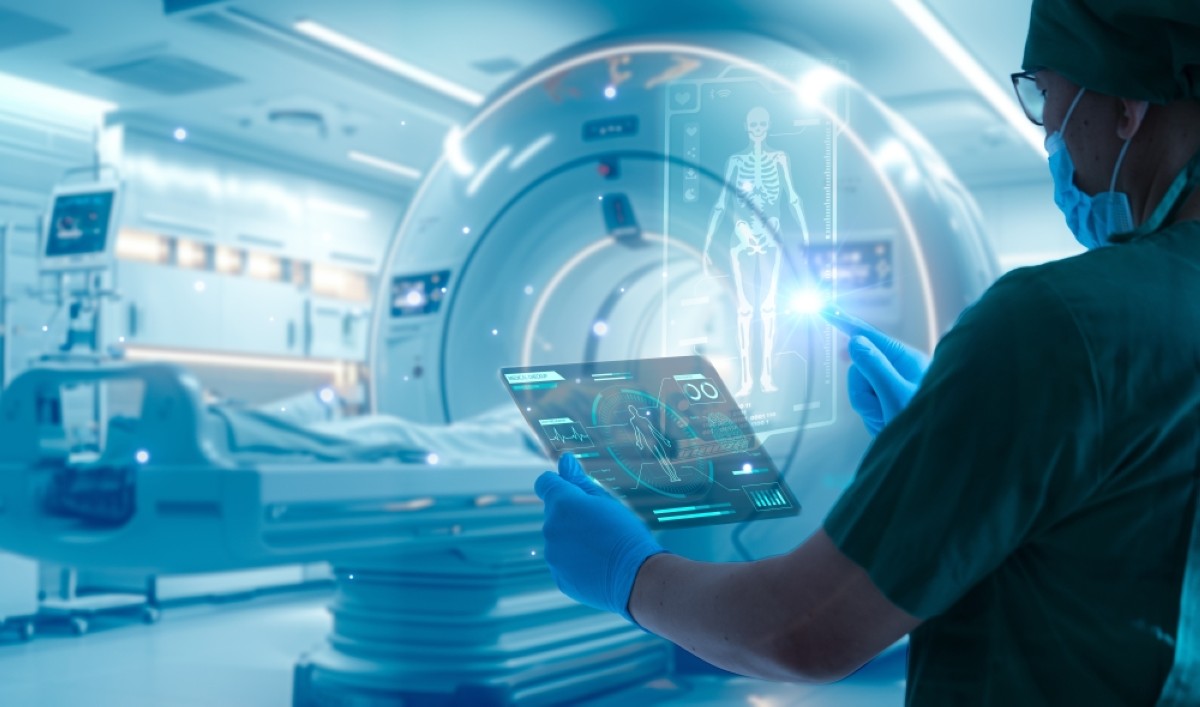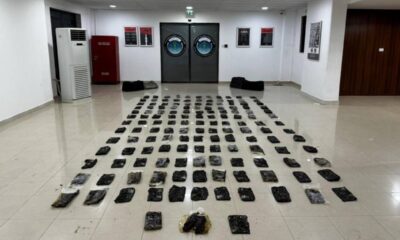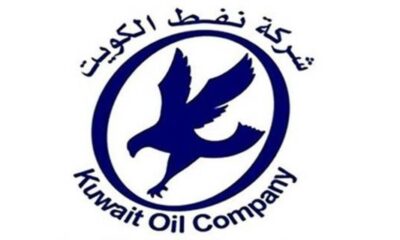KUWAIT: Kuwait’s healthcare system is exploring how artificial intelligence (AI) could reshape medical care, with the Ministry of Health taking steps to integrate the technology into diagnostics, treatment, and research. While AI is still largely in pilot or research stages, officials and experts say it has the potential to improve the speed and accuracy of disease detection, support clinical care, advance medical research, and enhance administrative efficiency.
At Jaber Hospital, AI is being trialed in surgeries, endoscopy, blood-flow imaging using ICG technology, and robotic procedures in specialties such as general surgery, urology, and obstetrics and gynecology. The ministry also recently hosted a Gulf workshop titled “Innovation and Artificial Intelligence in Healthcare”, focusing on exploring future applications of AI and strengthening regional collaboration.
AI is also being considered for patient-facing applications, including answering medical queries, explaining test results, guiding treatment decisions, and helping patients choose the right specialty. Experts say these tools could eventually support predictive, personalized, precise, and participatory care, improving patient outcomes and efficiency.
AI to predict disease
Dr Anwar Mohammed, a researcher at the Dasman Diabetes Institute, told KUNA that AI has become “a pivotal tool in developing medical and research sciences” and has enabled advances in predicting protein structures and their interactions with DNA and RNA using technologies such as AlphaFold.
“AI helps accelerate drug discovery by identifying precise therapeutic targets and understanding disease mechanisms at the molecular level,” he said. He also highlighted that AI reduces time and effort in genomics research by analyzing large biological datasets more accurately than traditional methods and aids in mapping gene interactions to understand chronic diseases such as diabetes.
He noted AI’s role in early detection by identifying precise biomarkers at the genetic or protein level, which can be measured in blood to predict diseases such as type 2 diabetes before symptoms appear. Mohammed explained that adapting protein structure prediction to patient samples could link molecular changes to clinical outcomes, enhancing diagnostic accuracy and enabling personalized care.
But the use of AI doesn’t come without challenges, said Mohammed. “The challenges include the need for high-quality, diverse data, the difficulty of interpreting complex models and linking them to clinical practice, as well as ethical considerations and protecting patient privacy.” He expects AI to have the greatest potential in specific medical fields, including endocrinology, metabolic diseases, especially diabetes, genetic medicine, and personalized medicine based on gene-centered treatments, as well as cancer.
Training is necessary
Dentistry is another field exploring AI’s potential. Dr Abdullah Marafi of the Ministry of Health described AI as a “clinical co-pilot” that could support doctors across treatment stages. He explained that AI can detect cavities, measure jawbone levels, and assist in planning procedures such as implants and orthodontics with high accuracy.
He also noted that challenges in applying AI in dentistry include cost and the need for specialized training programs. “The future depends on enhancing the role of doctors by freeing them from routine tasks so they can focus on critical thinking and human interaction with patients,” he said. “It also requires updating academic curricula to prepare dentists skilled in AI technologies.”
Nuclear medicine is another area seeing AI potential. Ohoud Al-Enezi, president of the Kuwait Society of Nuclear Medicine Technologists, told KUNA that AI could revolutionize nuclear medicine by improving PET and SPECT imaging, supporting theranostics—which combines diagnosis and treatment—and accelerating accurate diagnoses of diseases such as cancer. She highlighted that FDA-approved AI devices in nuclear medicine increased from six in 2015 to 221 in 2023, and that AI can reduce radiation exposure by up to 50 percent while improving image quality and efficiency. — KUNA


















